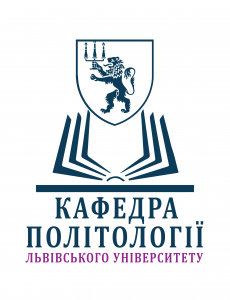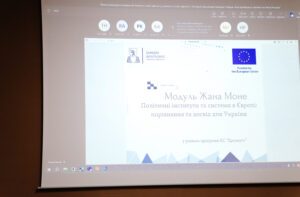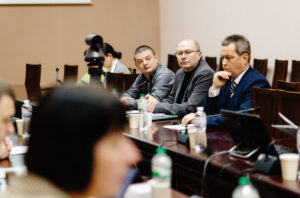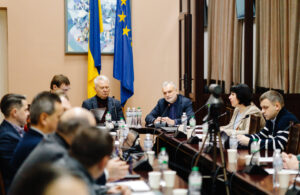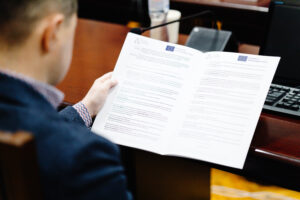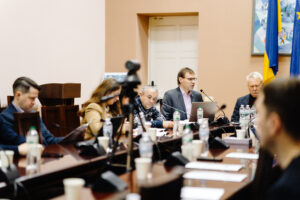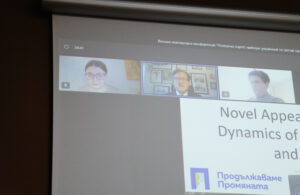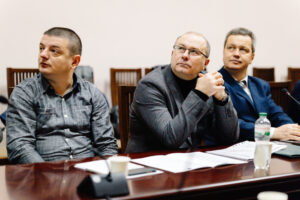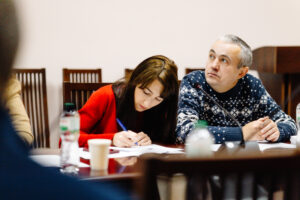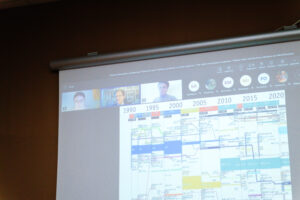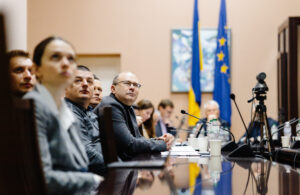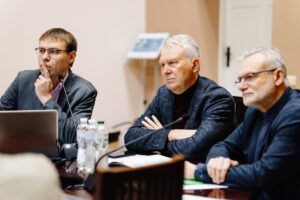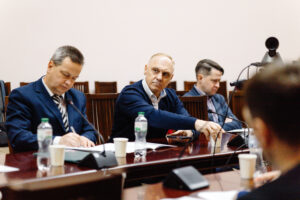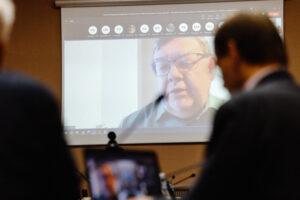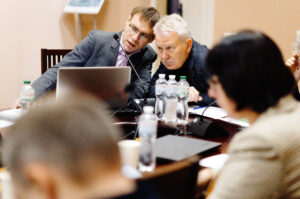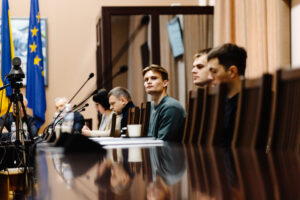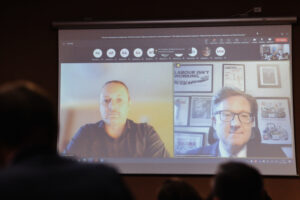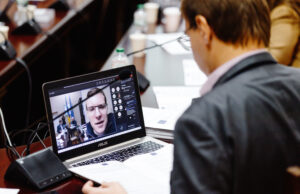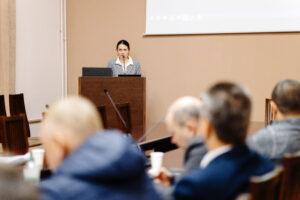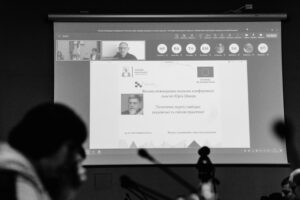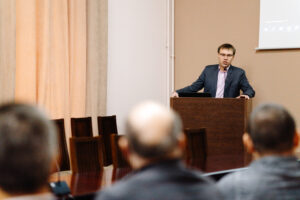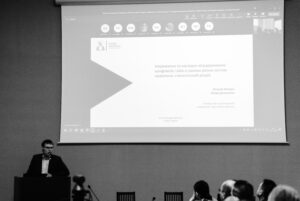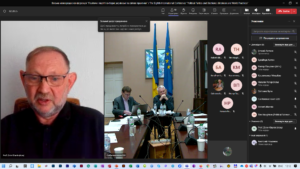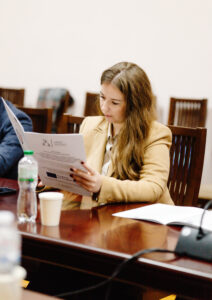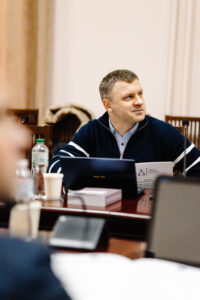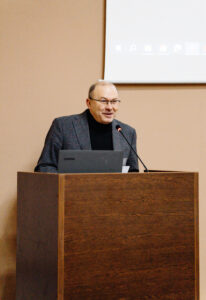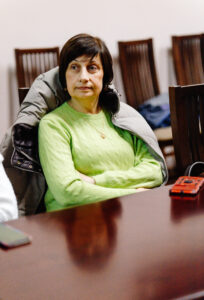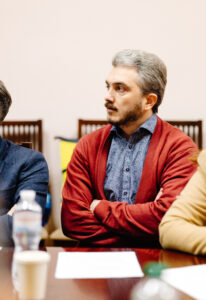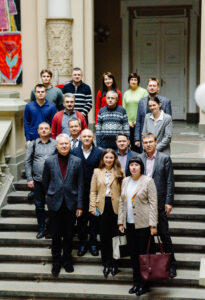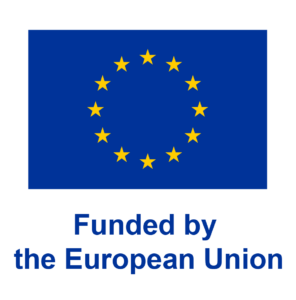The conference was held on November 24-25 and was organized as the eighth in a series of international scientific conferences “Political Parties and Elections: Ukrainian and World Practices” (in memory of Yuri Shveda) of the Department of Political Science of the Ivan Franko National University of Lviv and the Center for Political Studies in Lviv.
The conference brought together leading researchers, teachers and experts from different countries who discussed a wide range of topics related to the institutional framework of the political process, electoral and party aspects in the context of modern challenges such as war and uncertainty.
The three main sections of the conference covered the issues of structuring the political process, the influence of the electoral process on the political and party sphere, as well as the transformation of parties and civil society organizations at various levels of politics and governance.
The conference was attended by representatives from the University of Birmingham (United Kingdom), the University of Wroclaw and the University of Casimir the Great (Poland), the University of Pristina (Slovakia), Vytautas the Great University (Lithuania), Bar-Ilan University (Israel), the University of Helsinki (Finland). , Lviv National University named after Ivan Franko, Uzhgorod National University, National University “Ostroh Academy”, Chernivtsi National University named after Yury Fedkovich, Volyn National University named after Lesya Ukrainka, Prykarpattia National University named after Vasyl Stefanyk, Ukrainian Catholic University (Ukraine) and other leading institutions higher education and analytical centers.
🌐 The program of the international scientific conference can be downloaded from the link (click).
📢 Based on the results of the conference, a collection of theses and reports will be prepared and published. We invite you to follow the publications on the website of the Department of Political Science.
The international scientific conference is organized with the financial support of the European Union as part of the “Erasmus+ Program” under the direction “Jean Monnet for higher education” (Module “Political institutions and systems in Europe: comparison and experience for Ukraine”, No. 101126702).
